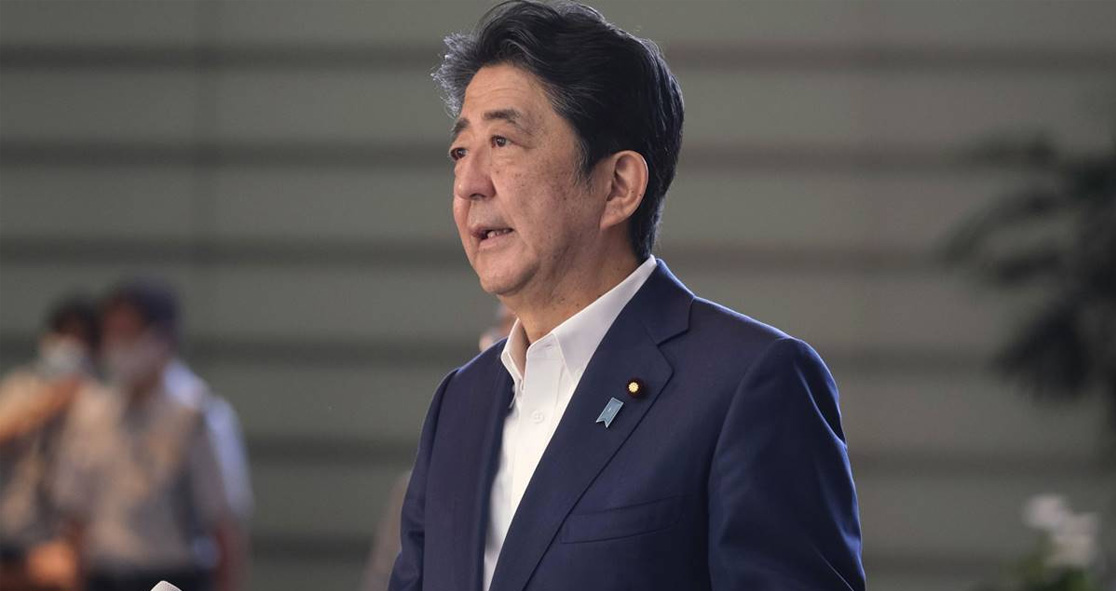Japanese Prime Minister Shinzo Abe, 65, has announced his resignation, citing his health concerns.
He said he did not want his health issue to hinder his decision-making abilities. He apologized to the people of Japan for failing to complete his term in office.
Abe has been suffering from ulcerative colitis, an inflammatory bowel disease, for many years. He said his condition had worsened recently.
In 2019, Abe became Japan’s longest-serving prime minister. He has been posted since 2012 and will remain in the post until a successor is chosen.
In 2007, he made a sudden announcement of his resignation due to his struggles with ulcerative colitis.
Abe has strengthened Japan’s defenses and boosted military spending. However, he has not been able to revise the constitution’s pacifist Article 9, which bans a standing army for anything other than self-defense.
Abe said his health started to decline as his gastrointestinal condition made a resurgence around the middle of July.
He said he has been receiving a new treatment for his condition that would not give him enough time to carry out his ministerial functions. He also said he could not make any mistake while making important decisions due to his health issue so he decided to step down.
He said, “I made a judgment I should not continue my job as a prime minister. I would like to sincerely apologize to the people of Japan for leaving my post with one year left in my term of office, and amid the coronavirus woes, while various policies are still in the process of being implemented.”
Announcing his resignation, Abe was seemed drained and was at times emotional while talking to the reporters.
Upon asking who he thought should replace him, Abe said it was not his place to weigh in.
Further, Abe said he would firmly execute his duty to the end until a replacement was chosen. The party is expected to decide how to hold an election next Tuesday, according to the Kyodo news agency. The winner would be holding the PM’s post until the end of Abe’s term in September 2021.























